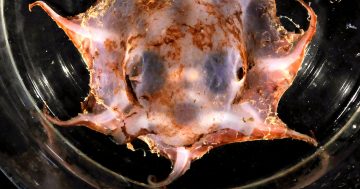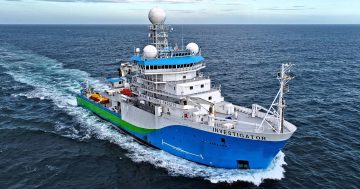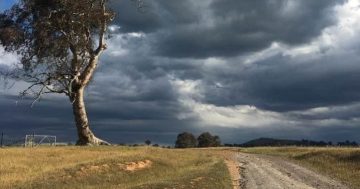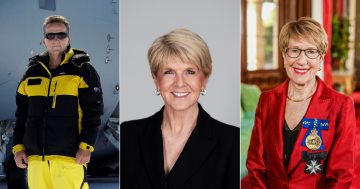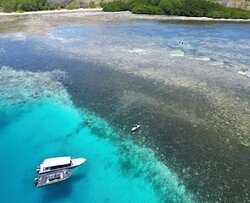 The Department of Foreign Affairs and Trade (DFAT) has partnered with the Commonwealth Scientific and Industrial Research Organisation (CSIRO) and Google for a new project to understand how marine ecosystems capture and store carbon.
The Department of Foreign Affairs and Trade (DFAT) has partnered with the Commonwealth Scientific and Industrial Research Organisation (CSIRO) and Google for a new project to understand how marine ecosystems capture and store carbon.
Chief Executive of CSIRO, Larry Marshall said the collaboration with Google Australia would help scientists map and understand seagrass ecosystems and their ability to absorb and sequester carbon, supporting climate resilience.
“Traditional methods for carbon assessment of coastal and marine ecosystems rely on remote geospatial and aerial sensing platforms,” Dr Marshall said.
“These methods can be affected by cloud cover, angle of the sun and weather – and getting results from this imagery relies on costly and time consuming manual image analysis,” he said.
“As part of this new collaboration, researchers will aim to collect and analyse imagery of seagrass and marine fauna from multiple sources, using machine learning – so they can map and model data and insights in a more scalable and cost-effective way.”
Dr Marshall said the initiative brought together the best of CSIRO and Google with DFAT to support climate-smart decisions that strengthened climate resilience and economic growth.
“The combination of Google’s world-leading Artificial Intelligence and platform technology, CSIRO’s deep climate, digital and AI expertise, DFAT’s experience delivering high-quality development programs, and skills of our in-country partners, will help create tailored and cutting-edge solutions for Australia and the Indo-Pacific,” he said.


